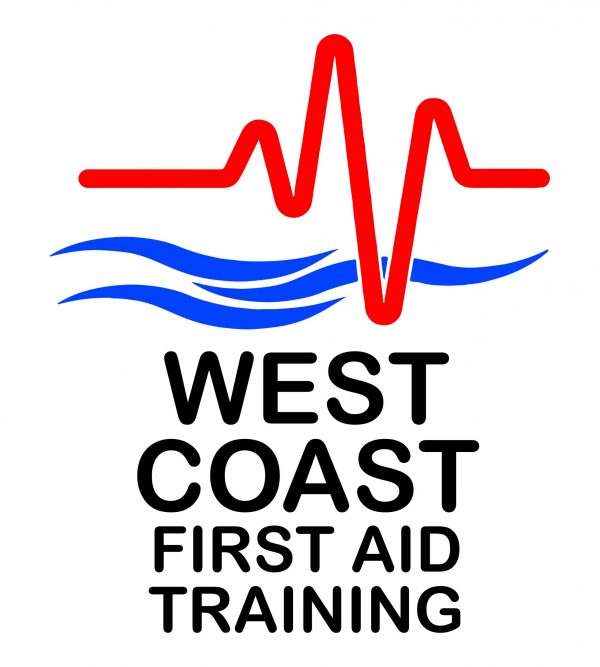


Have you ever suffered from a sudden twist in your ankle while jogging or sprained your wrist when lifting something heavy? Injuries can occur without prior warning, but being aware of what to do next can help prevent further suffering. This is where RICER first aid comes into play. RICER is a 5-step method that helps manage soft tissue injuries and provides quick relief within the first 48 hours.
A 2023 study by ABS found that 497,300 people suffered from some work-related injury or illness caused by pulling, lifting, pushing heavy loads, or even bending. This data highlights the importance of being aware of first-aid techniques for quick relief.
RICER is an acronym that stands for:
Now that you understand what does RICER stand for, let’s examine its elements in detail.
Resting does not mean lying still and sleeping; instead, it means avoiding any inactivity or movement that can exacerbate the injury. Walking with a sprained ankle or using your twisted wrist can further increase the damage.
Apply an ice pack or a cold compress for 15-20 minutes several times a day. Alternatively, you can wrap ice in a cold towel and apply it to the affected area to soothe the injury. By reducing swelling and numbing pain, the process also promotes proper blood flow to the affected area.
Use an elastic bandage or a compression wrap, as it will help control swelling and provide support. Just be careful not to wrap it too tightly as it shouldn’t cause tingling, numbness, or discolouration.
Try to keep the injured area elevated above heart level, especially for the first couple of days. For example, prop up a sprained ankle on pillows while resting. Elevation reduces fluid build-up, easing swelling and discomfort.
It is now time to visit a doctor if your pain or swelling is not improving or subsiding. Seeking early professional advice can help prevent long-term issues and make your recovery process smoother.
RICER is not about doing everything, but it is about making the right decisions quickly. By managing inflammation, limiting further damage, and giving your body space to heal, this method sets the foundation for a quick and safe recovery. For more comprehensive training on managing injuries and responding to emergencies, consider enrolling in a nationally recognised first aid course.
RICER first aid is an amalgamation of 5 elements that help in treating an injury quickly and giving correct aid within 48 hours.
| Step | What to Do | Why It Helps |
| Rest | Stop using the injured area | Prevents further damage |
| Ice | 15–20 min, 4–8 times/day | Reduces swelling and numbs pain |
| Compression | Use a bandage or wrap | Limits swelling and supports injury |
| Elevation | Raised above heart level | Helps fluid drainage |
| Referral | See a healthcare professional | Confirms injury type and recovery plan |
Wrapping Up
The first 48 hours are crucial for any injury, and RICER can help you recover quickly and easily. It offers a calm and structured approach to managing your pain and responding effectively when things go wrong. For anyone regularly active at home, work, or in the community, learning RICER and complementing it with formal first aid training can make a real difference. Get in touch with West Coast First Aid Training and enrol in the course to understand more about what RICER is and how you can handle injuries at home.